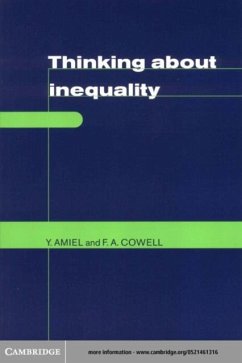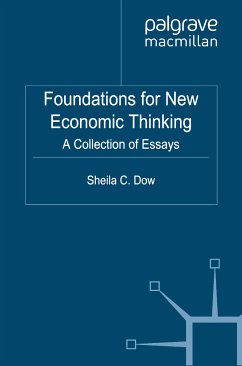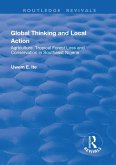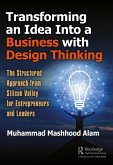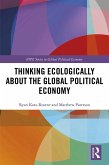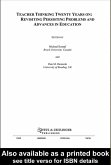What is inequality? In the late 1990s there was an explosion of interest in the subject that yielded a substantial body of formal tools and results for income-distribution analysis. Nearly all of this is founded on a small set of core assumptions - such as the Principle of Transfers, scale independence, the population principle - that are used to give meaning to specific concepts of inequality measurement, inequality ranking and, indeed, to inequality itself. But does the standard axiomatic structure coincide with public perceptions of inequality? Or is the economist's concept of inequality a thing apart, perpetuated through serial brainwashing in the way the subject is studied and taught? In this 1999 book, Amiel and Cowell examine the evidence from a large international questionnaire experiment using student respondents. Along with basic 'cake-sharing' issues, related questions involving social-welfare rankings, the relationship between inequality and overall income growth and the meaning of poverty comparisons are considered.
Dieser Download kann aus rechtlichen Gründen nur mit Rechnungsadresse in A, B, BG, CY, CZ, D, DK, EW, E, FIN, F, GR, HR, H, IRL, I, LT, L, LR, M, NL, PL, P, R, S, SLO, SK ausgeliefert werden.

